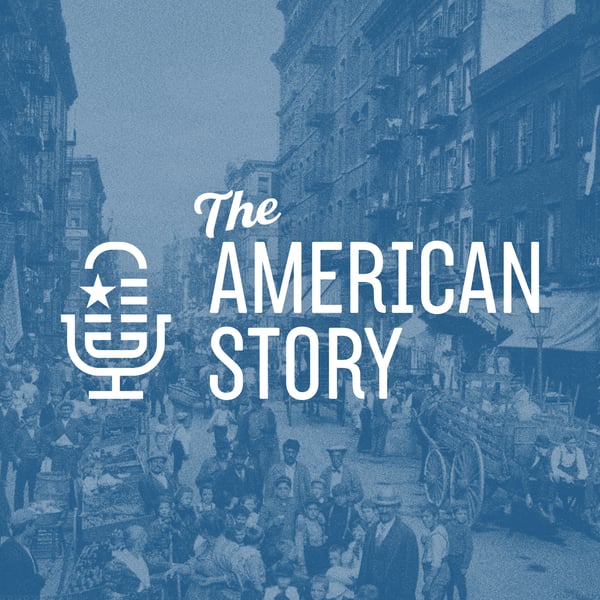The Course of Human Events
The American Story
Christopher Flannery
4.6 • 941 Ratings
🗓️ 18 August 2020
⏱️ 7 minutes
🧾️ Download transcript
Summary
Billy Fiske was “the first U.S. citizen to join the Royal Air Force and the first American pilot killed in action during the war in Europe” in World War II. He was a New Yorker who had lived some years in Europe and who had won Olympic gold medals in the sport of bobsledding. He was a graduate of Cambridge University, and he told his British friends in the 1930s as they all could see the storm gathering in Europe, that if war came, “I want to be in it with you–from the start.”
Transcript
Click on a timestamp to play from that location
| 0:00.0 | Welcome to the American Story. |
| 0:04.0 | Stories about what it is that makes America beautiful. |
| 0:08.0 | Heartbreaking, funny, inspiring, and endlessly interesting. |
| 0:12.0 | This is Chris Flannery with the Cramoni. inspiring and endlessly interesting. |
| 0:13.4 | This is Chris Flannery with the Kramon Institute. |
| 0:16.4 | I call this one the course of human events. |
| 0:22.4 | People and governments are often uncertain what to do and what to think. |
| 0:27.0 | And they frequently change their minds, sometimes for no apparent good reason. |
| 0:33.6 | America began on July 4th, 1776. |
| 0:37.7 | When in the course of human events, |
| 0:39.7 | it became necessary for one people to do something. But up to almost the last minute, even after a long train of abuses, |
| 0:49.0 | it was very uncertain what exactly it was necessary for that one people to do. |
| 0:55.0 | Just three days before that July 4th declaration, as Thomas Jefferson later |
| 1:00.3 | remembered, delegates to the Continental Congress gathered in Philadelphia, argued |
| 1:06.3 | for an exhausting nine hours, during which in Jefferson's words, all the powers of the soul had been distended with the magnitude of the question they were |
| 1:15.6 | debating. And there was such division that they postponed to vote on independence until the |
| 1:21.2 | next day. It is commonly said that in the |
| 1:25.0 | American Revolutionary War that followed, about a third of Americans were for |
| 1:29.8 | it, a third against it, and a third undecided. |
| 1:35.0 | So it always is and will be to one degree or another. |
| 1:40.0 | On another July 4th, in 1941, in the crypt of bomb damaged St Paul's Cathedral in London, |
| 1:48.0 | a memorial service was attended by hundreds of Englishmen and Americans. |
... |
Please login to see the full transcript.
Disclaimer: The podcast and artwork embedded on this page are from Christopher Flannery, and are the property of its owner and not affiliated with or endorsed by Tapesearch.
Generated transcripts are the property of Christopher Flannery and are distributed freely under the Fair Use doctrine. Transcripts generated by Tapesearch are not guaranteed to be accurate.
Copyright © Tapesearch 2025.

